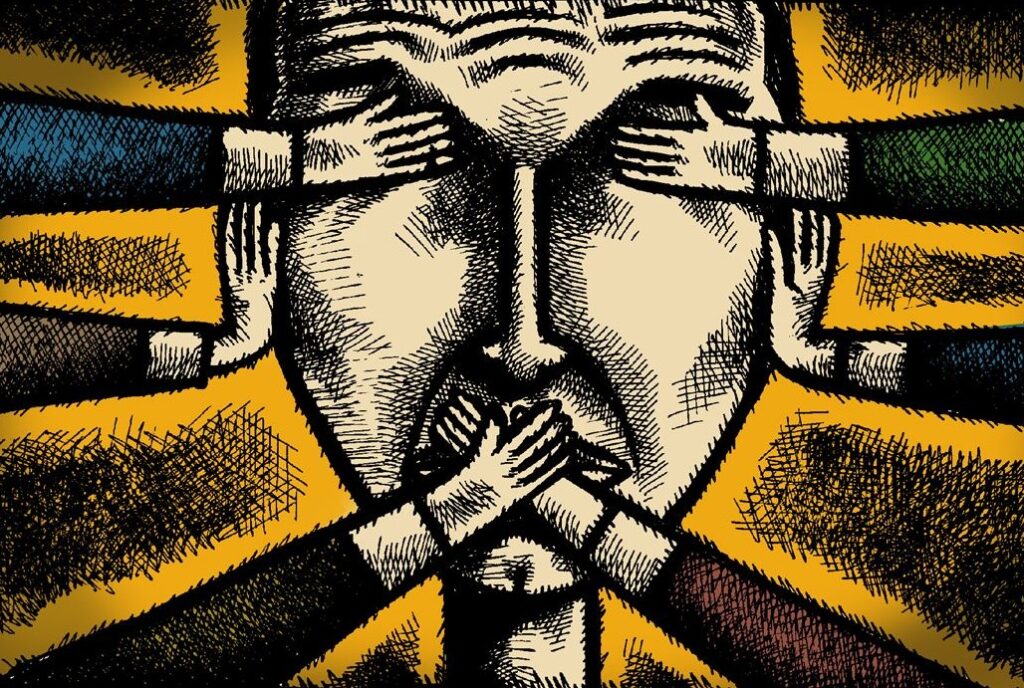Recent media reports, including those in Dawn, have highlighted troubling developments in Pakistan’s digital and democratic landscape. A judge of the Anti-Terrorism Court has reportedly ordered the blocking of 27 YouTube channels, with the Pakistan Telecommunication Authority (PTA) now initiating steps to implement these directions. The Human Rights Commission of Pakistan (HRCP) has rightly expressed concern about these actions, warning of potential criminal proceedings against individuals running these platforms and cautioning against the erosion of fundamental rights.

At Legum, we believe these events demand serious constitutional reflection. Article 19 of the Constitution of the Islamic Republic of Pakistan, 1973, guarantees every citizen the right to freedom of speech and expression, subject only to reasonable restrictions imposed by law in the interest of national security, public order, decency, or morality. These limitations must be narrowly construed and proportionally applied. Blanket bans, sweeping directives, and the chilling of dissent cannot be reconciled with constitutional principles.
Parliamentary democracy rests on the foundation of free expression. The ability to question, critique, and dissent is not a threat to democracy—it is its lifeblood. Any attempt to silence independent voices, particularly through censorship or criminalisation, risks weakening the very framework that holds democratic institutions accountable.
It is imperative that the judiciary, as the guardian of fundamental rights, remains vigilant against executive overreach. Courts are not mere instruments of state power—they are constitutional sentinels, entrusted with ensuring that liberty does not become a casualty of expedience. Judicial endorsement of censorship—however well-intentioned—must be scrutinised for its potential to stifle legitimate discourse and marginalise dissenting voices.
The concerns raised by HRCP should serve as a moment of introspection for all stakeholders. Blocking online platforms without due process or a clear, transparent legal framework undermines public trust in institutions and raises critical questions about the balance between national interest and individual liberty.
The judiciary must continue to champion the values enshrined in our Constitution. It must not allow itself to be drawn into the service of authoritarian tendencies, no matter how veiled. Instead, it must remain an unwavering defender of the people’s right to speak, question, and participate meaningfully in the democratic process.
At Legum, we stand for the rule of law, constitutionalism, and the preservation of civil liberties. We respectfully urge that all organs of the state, including the courts, work towards fostering an open and pluralistic society—one where disagreement is not a crime, but a sign of a healthy democracy.

Leave a Reply